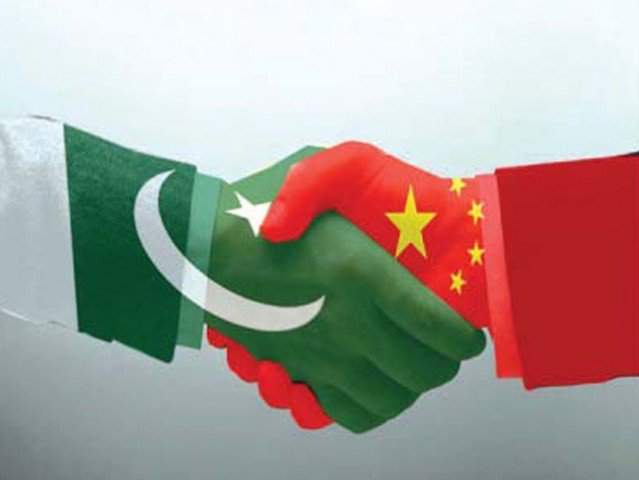One would consider it a welcome development that almost all opposition parties, including those having representation in the Balochistan Assembly like Jamiat-i-Ulema-i-Islam (F), Pakistan Muslim League (Q), Balochistan National Party, Pakhtoonkhwa Milli Awami Party and National Party, have shown realization that the proposed China-Pakistan Economic Corridor has potentials to be the ‘game changer’ in the region. The conference was presided over by the host Awami National Party Chief Asfandar Yar Wali Khan and was attended by Pakistan People’s Party and Pakistan Tehrik-i-Insaf also. The multi-party conference opposed any change in what it called ‘original route’ of China-Pakistan Economic Corridor which would pass through Balochistan and Khyber-Pakhtunkhwa. The participants spoke about the economic benefits of the corridor and how its original route could be beneficial to smaller provinces. Responding to the reservations expressed in the multi-part conference, Planning and Development Minister Ahsan Iqbal once again insisted that there was to be no change in the route of the corridor. He stated that the links from Gwadar to Peshawar would be established through western, central and eastern alignments and that the western link would be completed first by 2016.

Seemingly the idea of central and eastern alignments has been developed to ensure security and avoid disruption in the flow of traffic as Balochistan is not stable enough. It should not be made an issue or seen as having been motivated by desire to benefit Punjab only. Hitherto, there has been an impression, and rightly so, that some political forces and extremist elements have opposed implementation of mega-projects in Balochistan. They have shown resentment against settlement or even employment of the people from other provinces in Balochistan. No development can take place in wilderness. Balochistan constitutes about 43% of Pakistan’s territory but it is sparsely populated and less than 5% of Pakistan’s population live in the province. Obviously construction of roads, railways, industrial zones, oil terminals and the development of Gwadar as a flourishing port would entail settlement of population from other provinces. It is a positive sign that the multi-party conference has assigned so much importance to China-Pakistan Economic Corridor. Now it is also moral obligation of the participating political parties to promote the view that Balochistan cannot achieve progress in isolation. Even developed countries like Canada and Austrilia welcome those who can contribute to their further development. Why should some disgruntled elements be allowed to hinder the development of Balochistan?